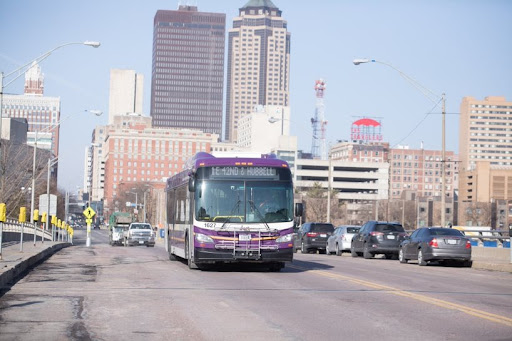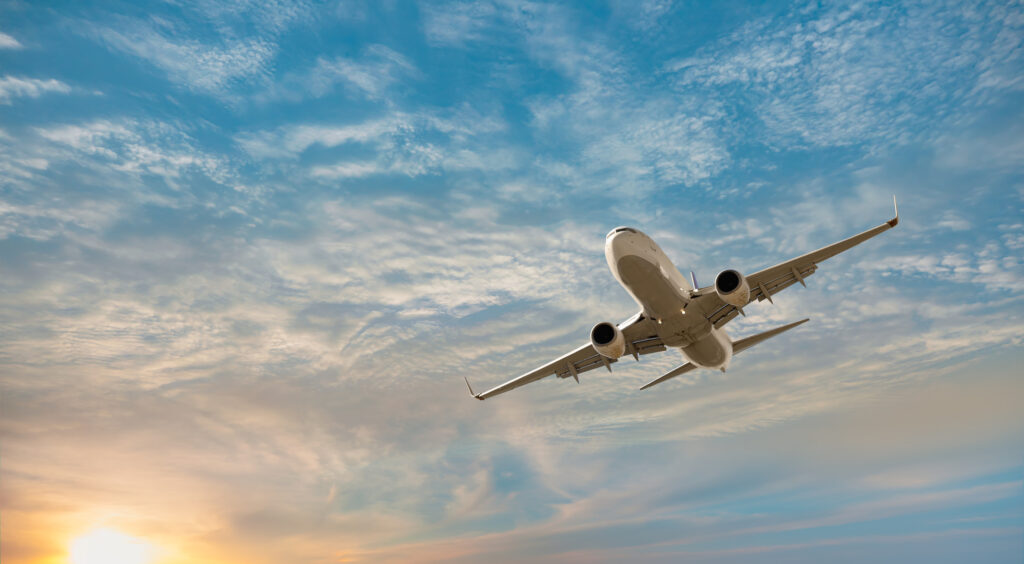Airlines need help with security, officials say

Airlines shouldn’t be made to bear the full burden of extra security measures as governments respond to the discovery of bombs in air-cargo shipments last week, the International Air Transport Association (IATA) said today, according to a Bloomberg report.
Responsibility for security must be spread throughout the supply chain, beginning with the manufacturer, and airports shouldn’t be regarded as the first line of defense, IATA Chief Executive Officer Giovanni Bisignani said. Rapid development of technology is also needed to enhance cargo scanning, he said.
“Effective solutions are not developed unilaterally or in haste,” Bisignani said. “If there are any longer-term adjustments required we must do so with all the facts in hand, with measures targeted to meet specific risks.”
Passenger airlines are only now returning to profit after the recession shattered demand for travel, and would be negatively affected by stricter security rules, because about 42 percent of air cargo is transported as “belly freight” on ordinary aircraft. One of the devices found last week en route from Yemen to Chicago was reportedly carried on two scheduled Qatar Airways Ltd. passenger flights.
Security measures cost airlines $5.9 billion a year, based in 2009 figures, Bisignani said, exceeding the $5.3 billion profit IATA forecasts for the industry in 2011.
“Cargo is important for airlines, especially for long-haul flights, so they can’t just stop flying it,” said John Strickland, an aviation analyst and director of JLS Consulting Ltd. in an interview with Bloomberg.










